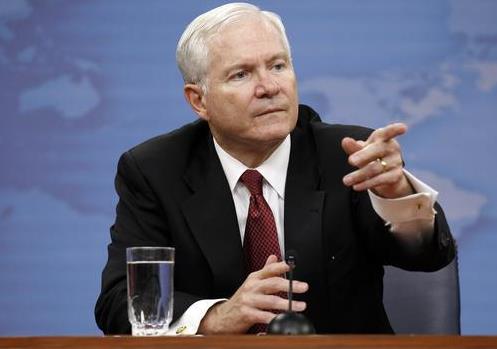Former US Defense Secretary: The US is becoming a “Dysfunctional Superpower”

On September 29th, the US “Foreign Affairs” bi-monthly magazine published an article titled “Dysfunctional Superpower”, authored by former US Defense Secretary Robert Gates. Excerpts from the article are as follows:
The security threats the US faces now are more serious than in the past several decades, possibly more than ever. Since the Korean War, the US has never had to confront powerful military adversaries in both Europe and Asia. No existing competitor has an economy, technology, and military strength as powerful as China’s today.
However, the issue is that when the situation demands a US response, the US is unable to deliver one. The deeply divided political leadership – Republicans and Democrats, the White House and Congress – haven’t convinced a large number of Americans of the significance of the situation with China and Russia. Political leaders have failed to articulate a long-term strategy that ensures the predominance of US and broader democratic values.
This dysfunction has made US power unstable and unreliable.
Sadly, political failures and policy mishaps in the US are undermining its successes. The US economy is threatened by out-of-control federal spending. Politicians from both parties haven’t addressed the rising costs of government subsidies like Social Security, Medicare, and Medicaid. Resistance to raising the debt ceiling has undermined confidence in the economy, causing investors to worry about Washington defaulting (In August 2023, Fitch Ratings downgraded US credit ratings, raising the government’s borrowing costs).
In foreign affairs, former President Donald Trump’s disdain for US allies, his skeptical attitude towards commitments to NATO allies, and his overall unpredictable actions have damaged US global credibility and respect. But only 7 months into President Biden’s administration, the hasty and disastrous withdrawal from Afghanistan further damaged global confidence in Washington.
For years, US diplomacy has overlooked a significant part of the “Global South”, with especially high ambassadorial vacancies. Since 2022, after years of neglect, the US hastily re-engaged with Pacific island nations, but only after China had signed cooperation agreements with them.
The military too has paid for US political dysfunction – especially in Congress. Since 2010, Congress hasn’t approved defense appropriation bills before the start of the next fiscal year. Congress passed “continuing resolutions”, which restrict the Pentagon’s expenditure to the previous year’s levels and bar it from initiating new projects or increasing existing project expenses. These resolutions govern defense expenditures until new appropriation bills are passed, lasting anywhere from weeks to an entire fiscal year. As a result, imaginative new plans and initiatives stall unpredictably each year.
The 2011 Budget Control Act instituted automatic cuts, slashing the federal budget by $1.2 trillion over a decade. The military, which then made up about 15% of federal spending, was forced to absorb half of those cuts – $600 billion. Since personnel costs were off-limits, most reductions had to come from maintenance, operations, training, and investment accounts. The consequences have been severe and lasting. Yet, by September 2023, Congress was making the same mistakes. Another example of Congress allowing politics to genuinely harm the military was permitting a single senator to block the nominations of hundreds of senior military officers for months, weakening military readiness and leadership. This highlighted US government failure in such a critical area, making the US a laughingstock among adversaries. Importantly, the US needs more military power to confront threats, but both Congress and the executive branch are riddled with barriers making this unattainable.
The US and its allies are embroiled in a prolonged and tough contest with China, Russia, and their allies. US leaders must first resolve the decades-long bipartisan disagreements about the role the US plays globally.